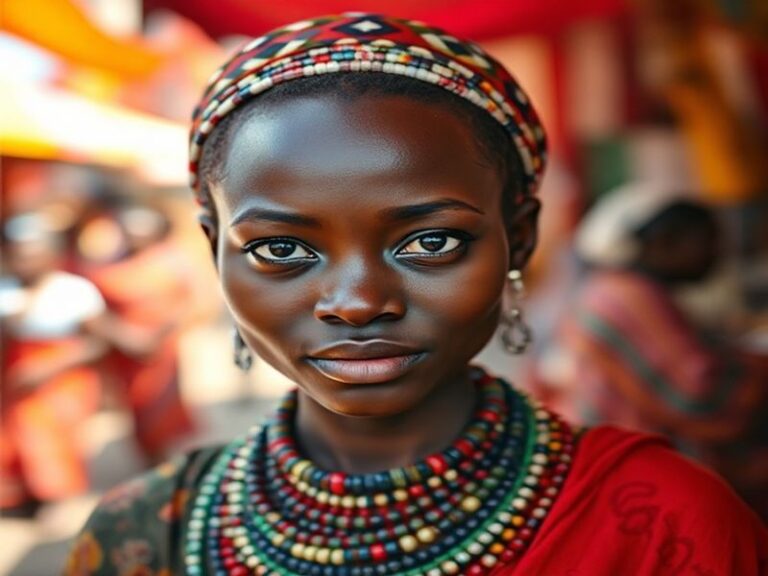Caerphilly By-Election: When Welsh Democracy Whispers and the World Doesn’t Listen
**The Caerphilly By-Election: When Democracy Comes to the Valleys and the World Pretends to Watch**
In the grand theater of global democracy, where superpowers flex their electoral muscles and emerging democracies stumble toward legitimacy, the Caerphilly by-election arrives like a polite cough at a NATO summit—barely audible, yet somehow impossible to ignore for those paid to pay attention.
While the world obsesses over whether Trump will return to the White House with the enthusiasm of a recurring rash, or whether Putin’s latest electoral victory was decided by a margin of 103% (those spoiled ballots can be tricky), the good people of Caerphilly county borough have been summoned to exercise their democratic franchise. The occasion? Their Member of Parliament has decided to spend more time with his family—or perhaps less time with his constituents, depending on which press release you believe.
For international observers—both of them—the Caerphilly by-election offers a fascinating glimpse into British democracy in its purest form. Here, in a former mining community where the coal dust has barely settled three decades later, voters will choose between candidates who promise to fix potholes, improve broadband speeds, and occasionally remember Wales exists when London remembers to send the funding. It’s democracy at its most retail, where global issues like climate change and international security take a backseat to whether the local Tesco has adequate parking.
The global implications are, naturally, staggering. Financial markets have remained absolutely unchanged. The United Nations has not convened an emergency session. Even the European Union, which usually can’t resist commenting on British affairs like a bitter ex scrolling through Instagram, has maintained a dignified silence. One might almost conclude that a by-election in a Welsh valley town of 8,000 souls matters primarily to those 8,000 souls—and even that’s optimistic given typical voter turnout.
Yet in our interconnected world, even the most parochial of elections serves as a Rorschach test for broader anxieties. For American Democrats, it’s proof that center-left parties can still win working-class votes without promising to arm teachers. For European centrists, it demonstrates that perhaps the populist wave has peaked, like a surfer who’s discovered the beach café serves better chips than revolution. For everyone else, it’s Tuesday.
The candidates themselves represent democracy’s glorious unpredictability. There’s the Labour hopeful, who presumably dreams of representing Caerphilly with the same fervor that others dream of escaping it. The Conservative candidate, bravely campaigning on a platform of fiscal responsibility in a town where “austerity” isn’t economic theory but lived experience. Plaid Cymru’s representative, waving the flag of Welsh independence with the optimism of someone who’s never seen the opinion polls. Plus various independents and minor parties, each convinced they alone understand the valley’s soul.
Campaign literature has been distributed, doorbells rung, and promises made with the casual abandon of someone who knows they’ll be forgotten faster than a TikTok trend. The issues are local, the stakes are personal, and the outcome will be analyzed by political scientists desperate for publication material.
When the votes are counted and the winner declared, democracy will have been served, the valleys will remain resolutely valley-like, and the world will continue spinning on its axis with indifferent precision. The new MP will travel to Westminster, discover that changing anything requires the patience of a saint and the tactical genius of a chess grandmaster, and settle instead for ensuring the local bypass gets mentioned in Transport Questions.
And somewhere, in a think tank far away, someone will write a paper about what it all means for the future of Western democracy. It will be read by twelve people, including the author’s mother, proving that some things, like human nature and academic publishing, remain comfortingly predictable.







